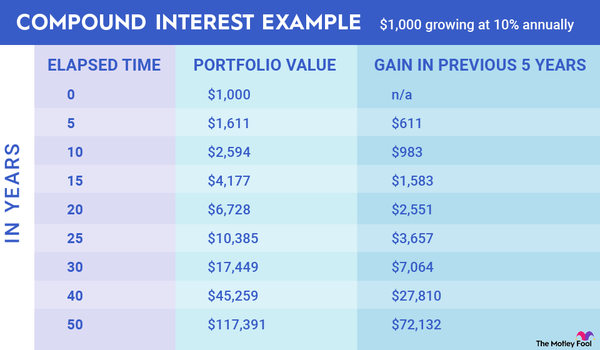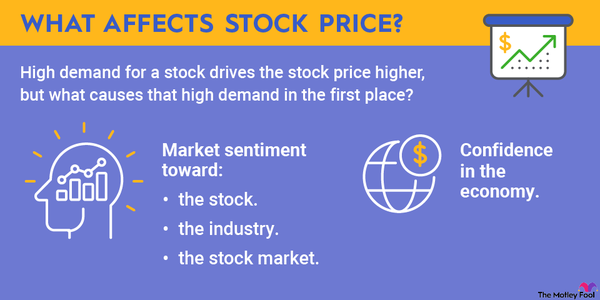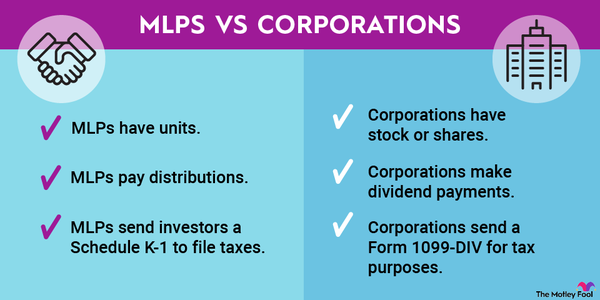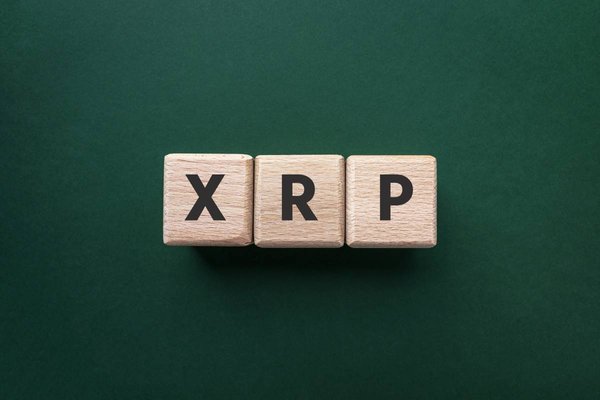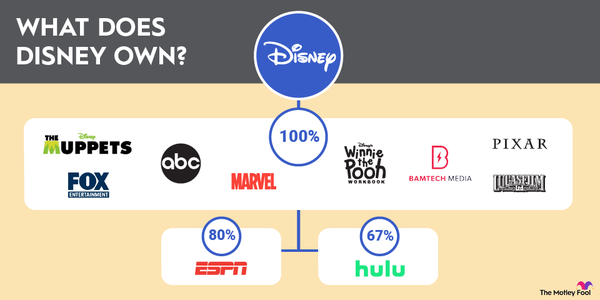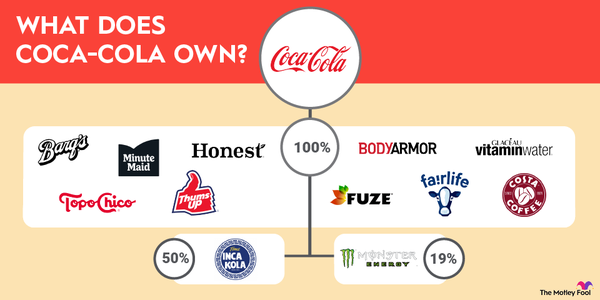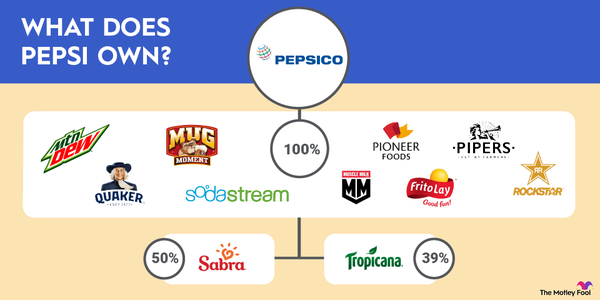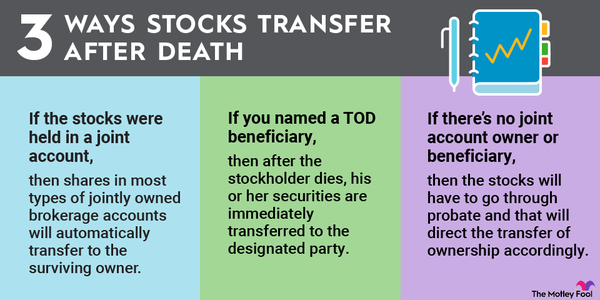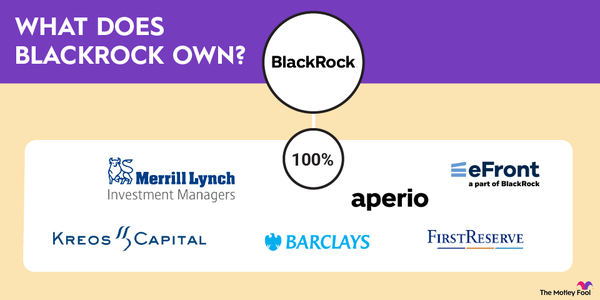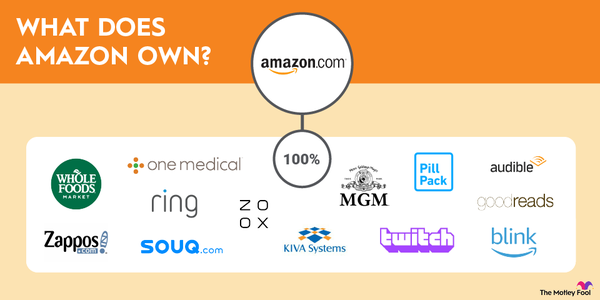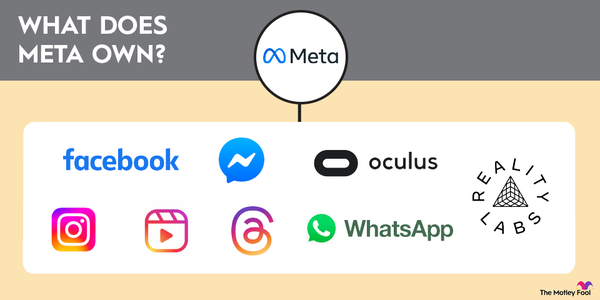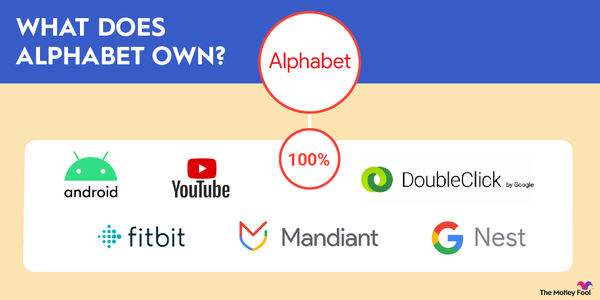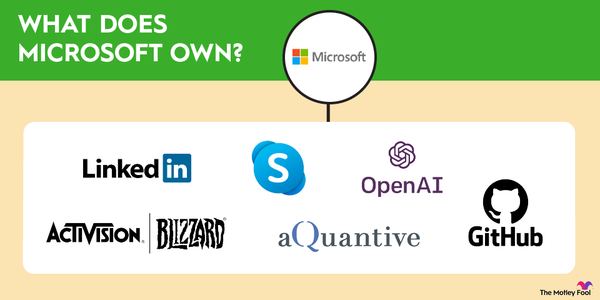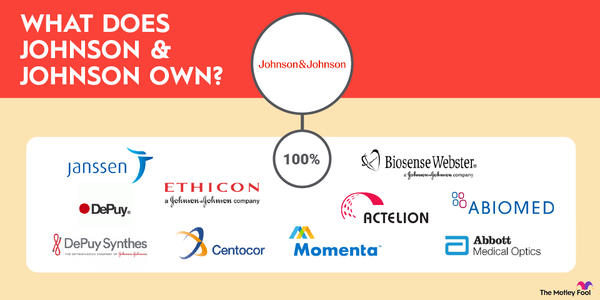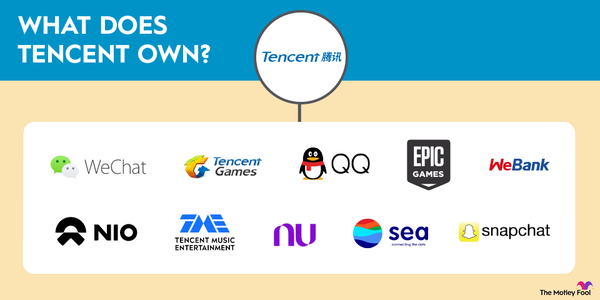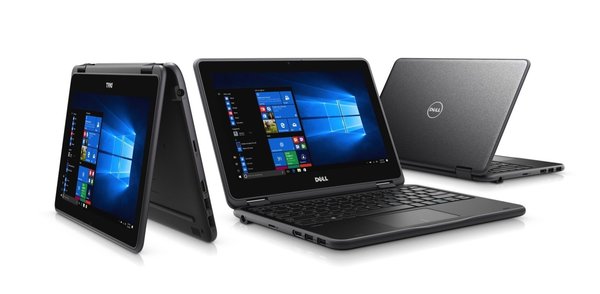IonQ (IONQ -3.27%) is a quantum computing company that develops and offers trapped-ion quantum computers, aiming to solve complex problems with quantum mechanics. IonQ focuses on building quantum computers based on trapped-ion technology, which uses individual ions (atoms with an electrical charge) trapped in place and manipulated with lasers to perform quantum computations.
This approach offers high accuracy in quantum operations and scalability, making it a promising path for developing quantum computers. IonQ offers access to its quantum computers through numerous cloud platforms, allowing users to run their quantum algorithms and explore the potential of quantum computing. Quantum computing has the potential to revolutionize various fields, including drug discovery, materials science, financial modeling, and artificial intelligence.
IonQ was founded in 2015 and began trading on the New York Stock Exchange in 2021, becoming the world's first public pure-play quantum computing company. The company partners with major cloud providers like Alphabet (GOOGL -1.85%) (GOOG -1.92%), Amazon (AMZN -2.58%), and Microsoft (MSFT -3.67%) to make their quantum computers accessible to a wider audience.
In this deep dive into investing in IonQ stock, we'll explore how to buy shares of the business, whether it deserves your investment cash, how to invest in the stock through an exchange-traded fund (ETF), and more.
How to invest
How to buy IonQ stock
Because IonQ is publicly traded, the process of buying shares is very similar to buying shares of any other public company. Here's what you need to know to add shares of IonQ to your portfolio.
- -Step 1: Open your brokerage app: Log into your brokerage account where you handle your investments.
- -Step 2: Search for the stock: Enter the ticker or company name into the search bar to bring up the stock's trading page.
- -Step 3: Decide how many shares to buy: Consider your investment goals and how much of your portfolio you want to allocate to this stock.
- -Step 4: Select order type: Choose between a market order to buy at the current price or a limit order to specify the maximum price you're willing to pay.
- -Step 5: Submit your order: Confirm the details and submit your buy order.
- -Step 6: Review your purchase: Check your portfolio to ensure your order was filled as expected and adjust your investment strategy accordingly.
Stock
Should I invest?
Should I invest in IonQ stock?
If you want to invest in the future of quantum computing, IonQ could be an intriguing stock to consider. IonQ's business model revolves around developing and commercializing trapped-ion quantum computers, offering both specialized hardware and quantum computing as a service (QCaaS) through cloud platforms and direct sales. IonQ makes its quantum computing capabilities accessible to researchers and businesses primarily through cloud-based platforms like Amazon Web Services' (AWS) Amazon Braket, Microsoft's Azure Quantum, and Google's Cloud Marketplace, and through select customers through its own cloud service.
IonQ also builds custom quantum computers tailored to specific customer requirements, offering direct sales of its hardware. The company currently generates revenue from the sale of specialized quantum computing hardware and from providing access to itsQCaaS platform, as well as associated services like consulting and support. IonQ is collaborating with companies like Hyundai Motor Company (OTCMKTS:HYMTF) and Dell Technologies (DELL -2.41%) to incorporate quantum solutions into their businesses. IonQ has also secured notable contracts with leading government organizations like the U.S. Air Force Research Lab, Airbus (OTCMKTS:EADSY), and Oak Ridge National Laboratory, which are using its quantum computing technologies for various applications.
In 2024, IonQ exceeded management’s prior guidance as it delivered full-year revenue of $43.1 million, up 95% from the previous year. It delivered full-year bookings of $95.6 million, ending the year with cash and investments on hand of about $364 million. The company also announced numerous developments for the business. These included a new $21.1 million project with the Air Force Research Lab on addressing crucial quantum networking needs for national security, a partnership with the University of Maryland and the State of Maryland, and the renewal of its agreement with the Abu Dhabi Quantum Research Center Technology Innovation Institute in the United Arab Emirates.
While all of these developments are impressive, there are reasons why some investors may want to stay away from this business. Like other companies in this space, IonQ's costs and expenses, including research and development (R&D), general and administrative spending, and other operational costs, are growing faster than its revenue. The company has a long history of financial losses and faces significant competition from well-funded technology giants and specialized start-ups. IonQ is in the early stages of its growth story, and investors will need to be fairly risk tolerant with a generous investment horizon to put cash into this business.
Profitability
Is IonQ profitable?
IonQ is not currently profitable and has reported serious net losses, including a $331.6 million net loss for 2024. It has also yet to report anything but negative cash flows. Many quantum computing companies like IonQ are focused on research and development, and it may take time for them to generate commercial revenue streams.
Dividends
Does IonQ pay a dividend?
IonQ does not pay a dividend. Given that IonQ is not reporting positive earnings or cash flow at this point, the likelihood of a dividend seems extremely low at any point in the near future.
ETFs
ETFs with exposure to IonQ
Investing in stocks through an exchange-traded fund (ETF) can be a great way to gain exposure to different companies while becoming instantly diversified. Numerous ETFs hold shares of IonQ stock. Several examples include Defiance Quantum ETF (QTUM -2.67%), Defiance Daily Target 2X Long IONQ ETF (IONX -7.46%), and iShares Russell 2000 ETF (IWM -0.87%).
Exchange-Traded Fund (ETF)
Stock splits
Will IonQ stock split?
IonQ has never split its stock. A stock split is when a company divides its existing shares into multiple shares, effectively lowering the price per share while maintaining the overall company value. IonQ went public in 2021 through a business combination with a special purpose acquisition company (SPAC). It has never traded above $60 a share.
Related investing topics
The bottom line on IonQ
Any investor looking at IonQ as a potential buy will have to decide whether the stock aligns with their overall goals and portfolio objectives. The company is a major player in the quantum computing industry with lucrative contracts with government and commercial players, including some of the largest tech companies in the world. IonQ's trapped-ion technology is seen as a leading approach that is capable of achieving high qubit counts and potentially lower error rates compared to other quantum computing platforms.
IonQ has consistently reported net losses, raising concerns about its long-term sustainability. The company has raised significant capital through equity offerings, but its reliance on external funding rather than generating profitability could be a concern in the long run. The quantum computing industry is still in its early stages, and companies like IonQ are investing heavily in research and development, leading to high costs and potential losses before widespread commercialization and profitability become an attainable reality.
Some investors remain unconvinced about the immediate practical applications and long-term commercial success of quantum computing, leading to concerns about IonQ's future. Advances by competitors, especially those with larger financial resources, could challenge IonQ's position. Broader economic concerns, like recessionary headwinds, could also negatively impact quantum computing stocks, including IonQ.
For investors who want to have a position in a company with a leading presence that is also a pure play in the emerging quantum computing landscape, IonQ could be worth a second look. Investors looking for a less risky business or a more profitable venture with low industry volatility might want to look elsewhere.
FAQ
Investing in IonQ FAQs
Is IonQ a good stock to invest in?
IonQ could be a compelling choice for some investors who want to put cash into a pure-play quantum computing stock. However, the stock is a high-volatility, high-risk stock with a business that is growing rapidly but currently quite unprofitable. It is important to ensure a business like this is the right fit for your personal portfolio and risk tolerance level before taking the plunge.
Does IonQ have a future?
IonQ, a company at the forefront of quantum computing, could have a very promising future, driven by the burgeoning quantum computing market and its unique trapped-ion technology. Like many other companies in this space, IonQ is currently unprofitable, and it may take some time before it achieves profitability.
What is the ticker for IonQ?
The ticker symbol for IonQ is IONQ. The company trades on the New York Stock Exchange.
Who is the biggest investor in IonQ?
IonQ is owned by both individual and institutional investors. The biggest institutional investor in IonQ is Vanguard Group Inc., holding 21.37 million shares.













